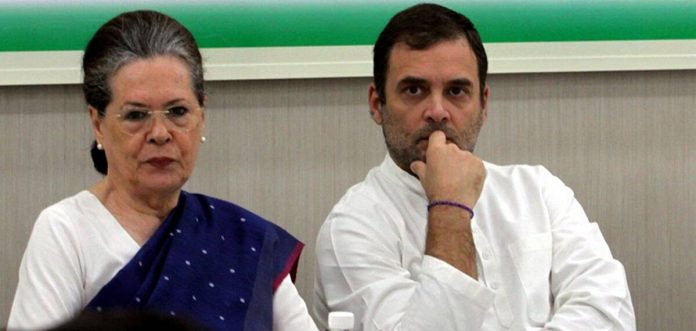- The much-touted Chintan Shivir of the Grand Old Party has come to an end. As expected, not much came out of the three-day brainstorming session which was held ostensibly to address the organizational issues bogging the party. Especially with the string of battering the party received at the hustings and growing voices of dissonance against the leadership, it did push the decision-makers to call for the session subsequently. However, nothing substantial appears to have transpired looking at the eventual outcome after the exercise. Let us delve into some of the salient features emerging from the Congress camp aftermath of the session.

PC: Manoj C G
- Apart from the usual bashing of the Bharatiya Janata Party and highlighting its divisive as well as communally tinged polarization policies, prima facie nothing much came out of the session. Unnatural deliberation on soft Hindutva to take on the BJP does not sit right on the secular party either. Sadly, routine platitudes about SCs/STs/OBCs getting short shrift from the ruling dispensation at the center do not cut much ice. Further, the apparent push for a policy reset after 30 years of liberalization is part of a worrying trend of political parties refusing to step on the pedal and speed up the next set of urgently needed economic reforms.
- None of the parties are comprehending the inevitability of ushering in badly required economic reforms for fear of antagonizing influential pressure groups. Nobody seems to grasp the dynamic state of the geopolitical situation leading to extremely debilitating inflationary trends sweeping the country. Mind you, every party takes credit for economic growth and resultant job creation and systemic improvements post-1991, a set of changes that have so far pulled millions out of poverty. But initial reforms have lost their impact and India needs greater liberalization. Instead, political discourse is largely on welfarism, freebies, and caste politics in the name of social justice.

PC: KNN
- Of course, economic inequality is certainly a big problem but a focus only on redistribution will merely subdivide the existing pie. What parties are talking about today won’t improve productivity, foster competitive markets, or generate new jobs. And these progressive policies may even take pernicious turns as well. Not that BJP is doing any better. The BJP today enjoys the kind of political dominance Congress had three decades back but is a hesitant reformer. The way it floundered the key land acquisition amendments and lost again after anti-farm reform protests by a vocal minority of farmers is inexcusable.
- The perception that has gained over the years about economic reforms largely resulting in getting termed as unpopular stems from this fear of vested interests. The current political timidity also extends to whetting voter appetite for bad policies like freebies hurting citizens at large when cash-strapped exchequers cut corners in expenditure for schools, hospitals, and other public works that improve human capital. Nonetheless, people interested in political churnings would feel disappointed that Congress’s latest efforts miserably fail to look beyond the Gandhi family. In turn, the opposition disunity will hardly succeed in stirring the BIP’s juggernaut in the foreseeable future.






